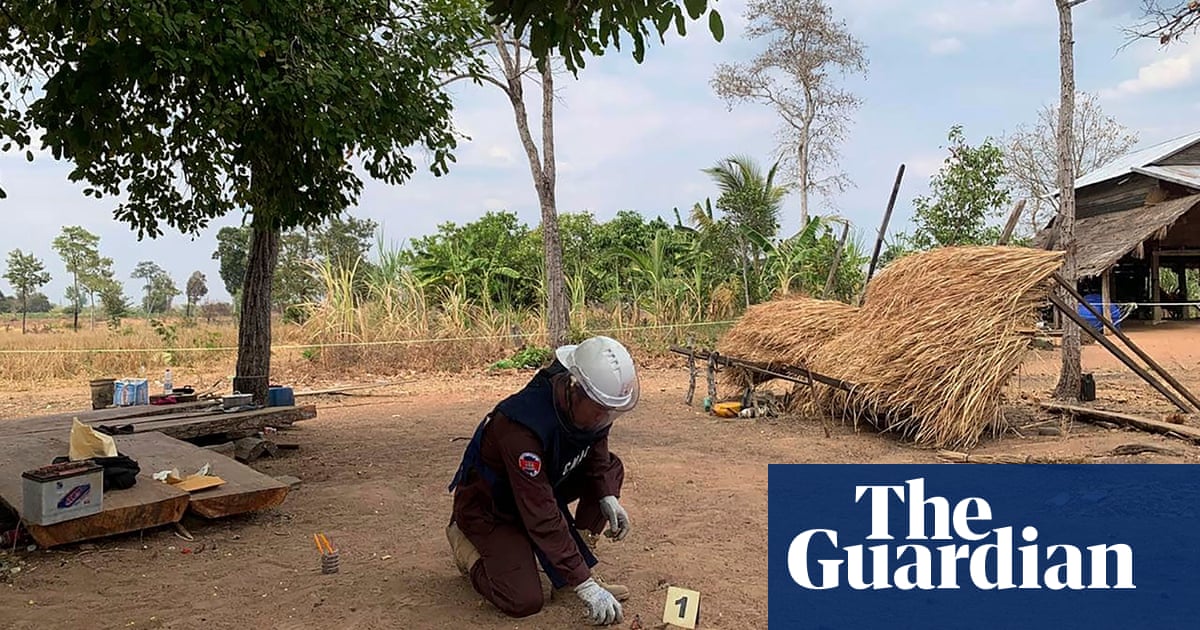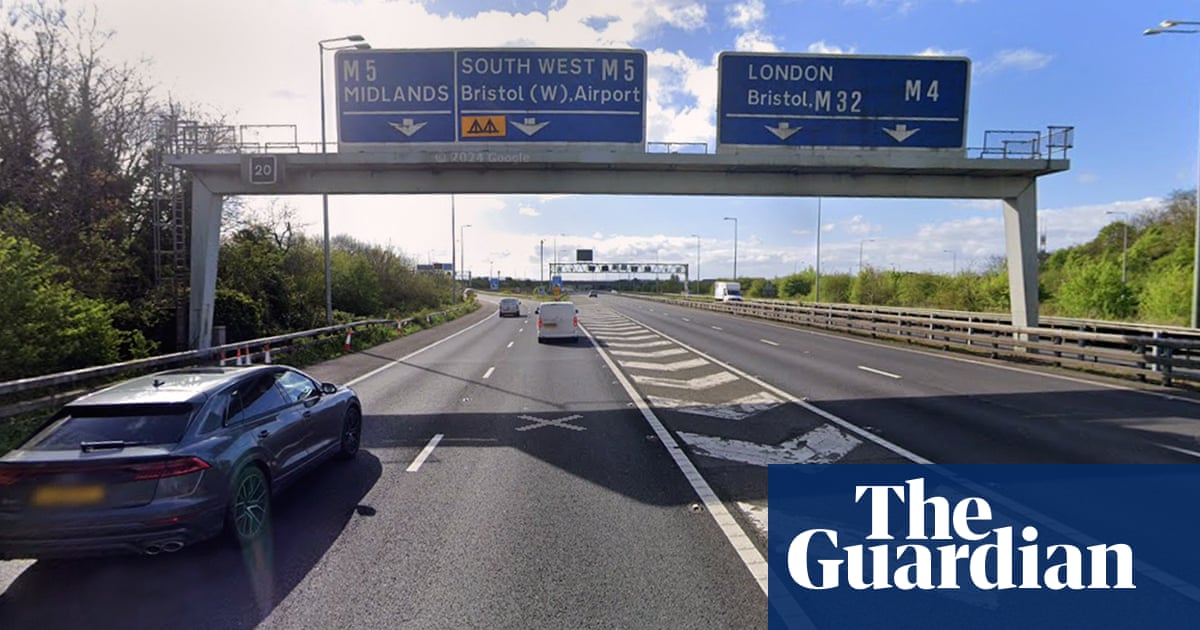Holly Udobang is packing the last bag: a sleeping mat, gloves, woolly hat, waterproof poncho, hand warmers. It’s the sort of kit that teenagers might need for a Duke of Edinburgh trip.
But this bag is for young homeless people, to give them a fighting chance of getting some sleep on the streets of London. Holly and her colleagues at the New Horizon Youth Centre are packing them to give to the young people they now have to turn away every day, as an increasing number of emergency shelters shut their doors.
“Things are going backwards,” says Phil Kerry, New Horizon’s chief executive. “People come to the centre and we’re not able to help them that day and they’re going out on to the streets. That’s a daily reality. There are simply not enough places for people to go, even in the winter.”
This is the last kit bag because the 199 others that New Horizon bought for the winter have already been handed out, six weeks earlier than expected.
The number of rough sleepers in London has risen from 3,107 in March 2023 to 4,612 by December last year, according to data from Chain, the homelessness information network. More than a third are under 35, meaning they are over-represented compared with the population average of 27% of adults in England and Wales.
New Horizon’s experience is echoed by charities around the country. Roundabout in Sheffield began running hostel accommodation in Sheffield 10 years ago and last year ran out of space for the first time, putting about 15 people in hotels instead, a number that has tripled this year.
In Manchester, Depaul UK supports young people at risk of homelessness, trying to prevent them from sleeping rough. By May last year, a third of those coming for help were sleeping rough and that rose to 60% by December, according to Nicola Harwood, Depaul’s executive director of operations.
New Horizon runs a drop-in centre at King’s Cross, central London, offering help to find housing and work, as well as food and a place to have a shower, do laundry and get warm.
There are broadly four kinds of people needing help, staff say, although a common factor is family breakdown brought on by the cost of living crisis.
“Some of them have quite severe mental heath needs,” says Udobang, who is New Horizon’s counsellor. “Some have been kicked out of their family home because of their sexuality. We get a lot of people escaping gangs. And we get a lot of people from Home Office accommodation.” Homelessness among refugees doubled last year. On 9 December, the Home Office extended the number of days asylum seekers can stay in government accommodation before finding their own (to 56 days), but by then charities said they were already facing an emergency.
The rising demand has been compounded by shrinking numbers of “supported exempt accommodation” projects, intended for people with extra needs, such as care leavers or domestic abuse survivors, and for which the amount of housing benefit is uncapped.
after newsletter promotion
Horizon could count on 29 of these short-term accommodation providers in London last year, but just 15 are left. The sector has been exploited by criminals and landlords providing substandard housing. In 2023, MPs passed the Supported Housing (Regulatory Oversight) Act to tackle the problem and local authorities have been less prepared to sanction them.
The charity can afford to put some people in hotels for up to seven days but costs are spiralling. “In my first year at the centre, in 2018, I think we spent about £30,000 on emergency accommodation,” Kerry says. “Last year, it was over £100,000. This year, I don’t know where we’re going to end up but we spent £50,000 in the last three months.”
Young people looking for housing face what Kerry calls “triple discrimination”. Under-35s receive less housing benefit due to their age, under-25s get less universal credit, and under-21s have a lower minimum wage. Social housing is in short supply and private rents are too high – Kerry says just one room out of more than 2,000 on Spareroom.com in Camden, north London, would be affordable on the reduced benefits available to young people. The only remaining option is supported exempt accommodation.
“Having to make referrals through these supported providers was really the only option we could use for young people,” says Neil Parkinson, co-head of casework at Glass Door, a homeless charity in London that runs a night shelter. “A lot of homeless people do have additional needs but having to evidence that [can be hard].”
In the middle of this month, MPs on the housing, communities and local government committee warned ministers that England faced a rough sleeping emergency, which its chair, Florence Eshalomi MP, described as “a source of national shame”. She added: “The success of the Everyone In policy during the pandemic shows it’s possible to end rough sleeping.”
Angela Rayner is leading an inter-ministerial group on tackling homelessness and rough sleeping and in December allocated nearly £1bn on homelessness spending, including £37m for a rough sleeping accommodation programme.
Article by:Source: James Tapper














